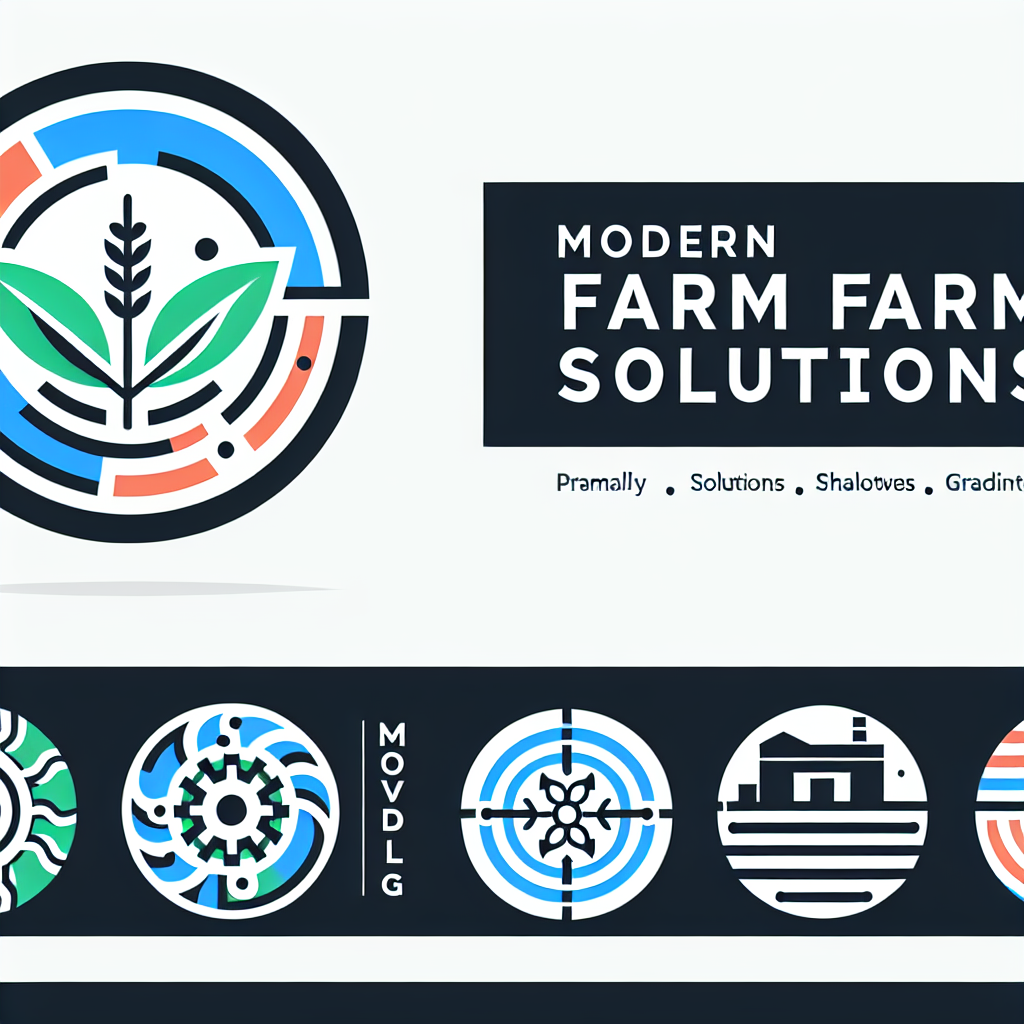Smart Irrigation Techniques: A Sustainable Approach to Farming
As the global population continues to rise, the demand for food production has never been greater. Traditional farming practices often lead to excessive water usage, which can deplete valuable resources and harm the environment. Smart irrigation techniques leverage technology to optimize water usage, reduce waste, and enhance crop yield. In this article, we will explore various smart irrigation systems, their benefits, and how they contribute to sustainable farming practices.
Understanding Smart Irrigation Systems
Smart irrigation systems use advanced technology to manage and control the watering of crops efficiently. These systems can be automated and monitored remotely, providing farmers with the tools needed to make informed decisions about water usage. Key components of smart irrigation systems include:
- Soil moisture sensors: These devices measure the moisture level in the soil, allowing farmers to water only when necessary.
- Weather data integration: Smart systems can access real-time weather forecasts to adjust irrigation schedules based on rainfall predictions.
- Automated controllers: These devices can be programmed to water crops at specific times or intervals, reducing manual labor and increasing efficiency.
- Drip irrigation: This method delivers water directly to the plant roots, minimizing evaporation and runoff.
Types of Smart Irrigation Systems
There are several types of smart irrigation systems that farmers can implement, including:
- Drip Irrigation: Delivers water directly to the root zone, ensuring minimal waste.
- Sprinkler Systems: Can be equipped with smart controllers that adjust watering based on weather conditions.
- Subsurface Irrigation: Involves placing irrigation tubing below the soil surface, reducing evaporation and weed growth.
- Centralized Control Systems: Allow farmers to manage multiple irrigation zones from a single interface.
Benefits of Smart Irrigation Techniques
Implementing smart irrigation techniques offers numerous advantages for farmers and the environment:
1. Water Conservation
Smart irrigation systems significantly reduce water waste by:
- Providing precise watering based on soil moisture levels.
- Adjusting schedules in response to weather conditions.
- Minimizing evaporation and runoff through targeted delivery methods.
2. Enhanced Crop Yield
By optimizing water usage, farmers can:
- Ensure that crops receive the right amount of water at the right time.
- Improve overall plant health and resilience.
- Increase productivity and profitability through better yields.
3. Reduced Labor Costs
Automated irrigation systems can:
- Minimize the need for manual watering.
- Allow farmers to focus on other essential tasks.
- Reduce the potential for human error in irrigation practices.
4. Environmental Benefits
Smart irrigation contributes to environmental sustainability by:
- Reducing the depletion of local water sources.
- Lowering the energy costs associated with water pumping.
- Minimizing runoff that can lead to soil erosion and nutrient loss.
Implementing Smart Irrigation Techniques
Transitioning to smart irrigation requires careful planning and consideration. Here are steps to successfully implement these techniques:
1. Assess Your Current System
Evaluate your existing irrigation setup to identify areas for improvement. Consider factors such as:
- Water usage patterns
- Crop types and their specific water needs
- Soil characteristics
2. Choose the Right Technology
Select the appropriate smart irrigation technology based on your needs. Consider:
- Budget constraints
- Scalability of the system
- Ease of use and maintenance
3. Monitor and Adjust
Once implemented, continuously monitor the system to ensure optimal performance. Utilize data from:
- Soil moisture sensors
- Weather forecasts
- Crop growth patterns
Conclusion
Smart irrigation techniques represent a significant advancement in sustainable farming practices. By optimizing water usage, reducing waste, and enhancing crop yield, these systems not only benefit farmers but also contribute to the preservation of our precious water resources. Embracing technology in agriculture is essential for meeting the challenges of food production in a changing world. As we move forward, adopting smart irrigation will be a crucial step toward sustainable and efficient farming.

